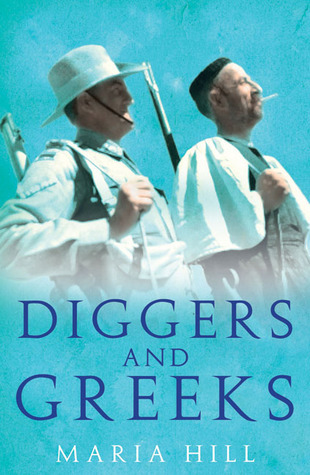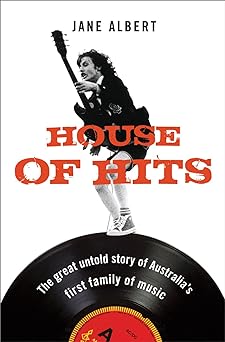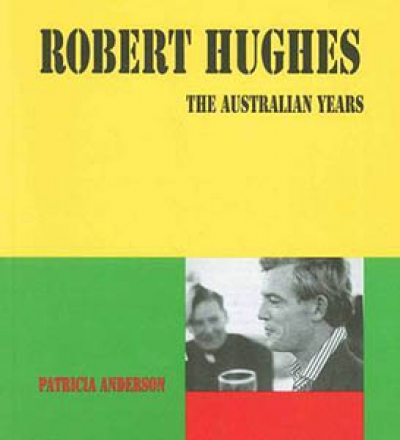Archive
Film | Theatre | Art | Opera | Music | Television | Festivals
Welcome to ABR Arts, home to some of Australia's best arts journalism. We review film, theatre, opera, music, television, art exhibitions – and more. To read ABR Arts articles in full, subscribe to ABR or take out an ABR Arts subscription. Both packages give full access to our arts reviews the moment they are published online and to our extensive arts archive.
Meanwhile, the ABR Arts e-newsletter, published every second Tuesday, will keep you up-to-date as to our recent arts reviews.
Recent reviews
What’s wrong with Anzac? The militarisation of Australian history by Marilyn Lake and Henry Reynolds (with Mark McKenna and Joy Damousi)
Paupers, Poor Relief and Poor Houses in Western Australia, 1829–1910 by Penelope Hetherington
Diggers and Greeks: The Australian campaigns in Greece and Crete by Maria Hill
The Broken Years: Australian soldiers in the Great War by Bill Gammage
The Puncher & Wattmann Anthology of Australian Poetry edited by John Leonard
Odd to start by quoting P.G. Wodehouse: ‘She was a girl with a wonderful profile, but steeped to the gills in serious purpose.’ Bertie Wooster is complaining, in ‘Jeeves Takes Charge’1, about Honoria Glossop, who has forced upon him ‘Types of Ethical Theory’. ‘Odd’ because anyone steeped to the gills i ...
Whereof one cannot speak, thereof one must be silent.
Ludwig Wittgenstein, Tractatus Logico-Philosophicus (1922)
For what it is worth, my own view is that in contemporary Australia the dialectical quest for truth about the indigenous culture, by open argument and counter-argument, is no less important ...
Taken as Required
by Ynes Sanz
An age ago, ill-matched,
ignorant but willing,
we set the rules.
‘Step by Step’, we said. ‘No Bullshit.’
Today, thinking of something else
I stumbled across the grey metal bracelet
you looped over that stick of a wrist
where your thin blood stained the skin
to resemble an antique map or a bad tattoo
(like the one they inked on for that photo shoot in the ’50s).







